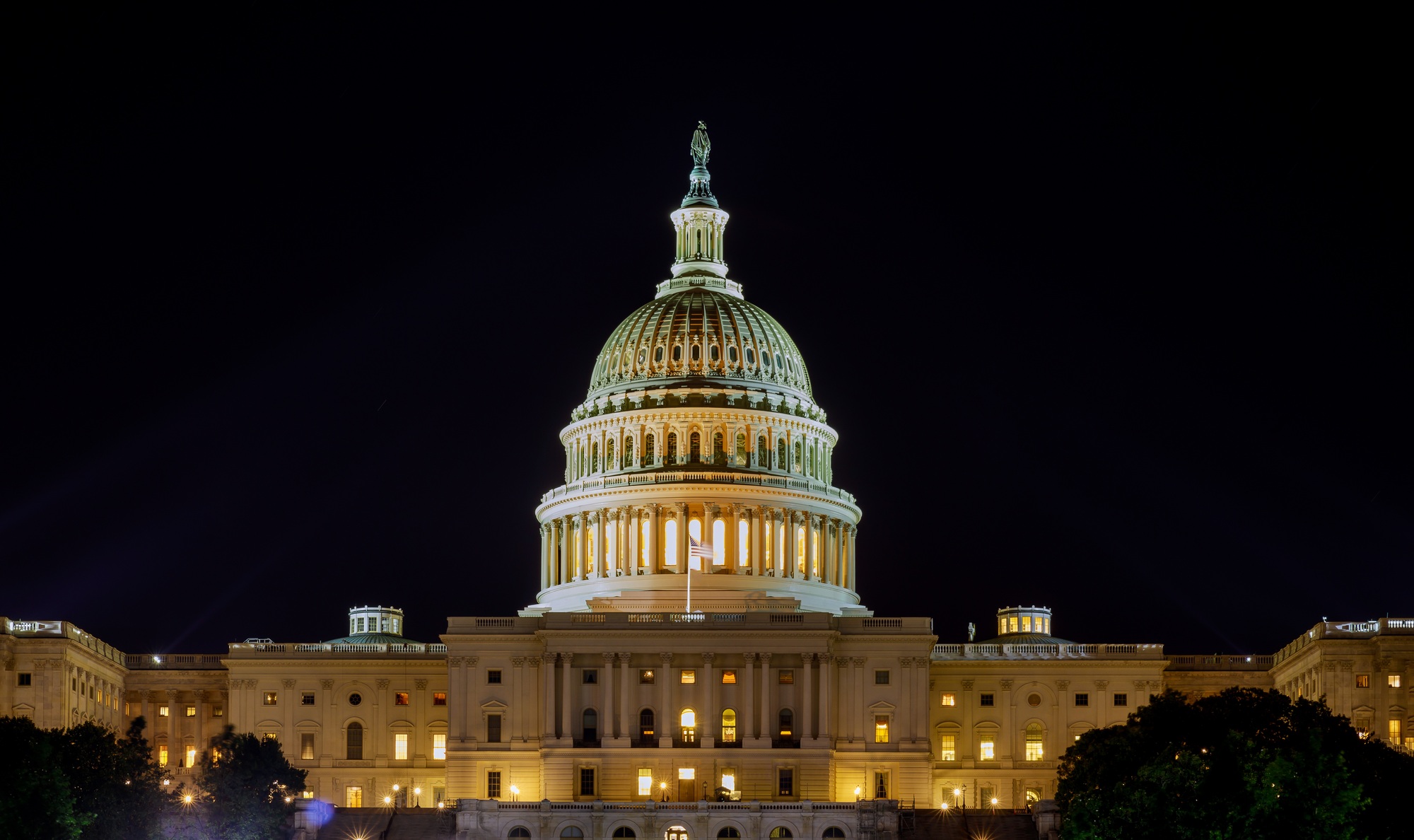In a surprising turn of events, the U.S. Senate voted against advancing the GENIUS Act, a high-stakes bill that would bring long-awaited federal oversight to stablecoins, dealing a major blow to the crypto industry’s hopes for regulatory clarity.
The cloture vote on Thursday night failed 48-49, falling short of the 60 votes required to begin formal debate. It’s a procedural but pivotal moment that effectively stalls the legislation—at least for now.
Why the Bill Was Blocked
Despite months of bipartisan negotiations and an earlier approval from the Senate Banking Committee, the bill unraveled under a late wave of Democratic opposition. The main objections?
- Concerns over illicit finance through stablecoins.
- Lack of controls on foreign-issued tokens.
- Increasing scrutiny of President Trump’s personal ties to crypto, including his memecoin projects and crypto-backed campaign dinners.
Even two Republican senators—Josh Hawley and Rand Paul—broke ranks, citing libertarian and national security concerns. In a twist, Senate Majority Leader John Thune switched his vote at the last moment, a procedural move that preserves the option to bring the bill back up for reconsideration.
The Money Behind the Bill
The vote also exposed divisions within the Democratic Party. Sen. Ruben Gallego, who received $10 million from pro-crypto PACs in 2024, reversed course and urged a delay to revisit provisions around consumer protection and stablecoin backing.
Meanwhile, Sen. Bill Hagerty, the bill’s main sponsor, didn’t hold back. “This vote kills the crypto industry here in America,” he said, accusing the Senate of “surrendering innovation to foreign powers.”
Is the GENIUS Act Dead?
Not quite.
Despite Thursday’s failure, senators Mark Warner and Cynthia Lummis indicated that negotiations will continue, with the bill likely to be reintroduced in an amended form next week.
Warner emphasized the need for “better protections for American consumers,” while Lummis warned that further delay could drive crypto innovation overseas.
What Comes Next?
The failed vote leaves the U.S. crypto market in regulatory limbo, just as stablecoins near a $240 billion global market cap. Without clear rules, American fintechs, banks, and crypto exchanges may continue facing legal uncertainty and a patchwork of state-level oversight.
All eyes are now on whether the Senate can revive the GENIUS Act with stronger guardrails, or if political friction around Trump’s growing crypto influence will continue to derail the debate.







